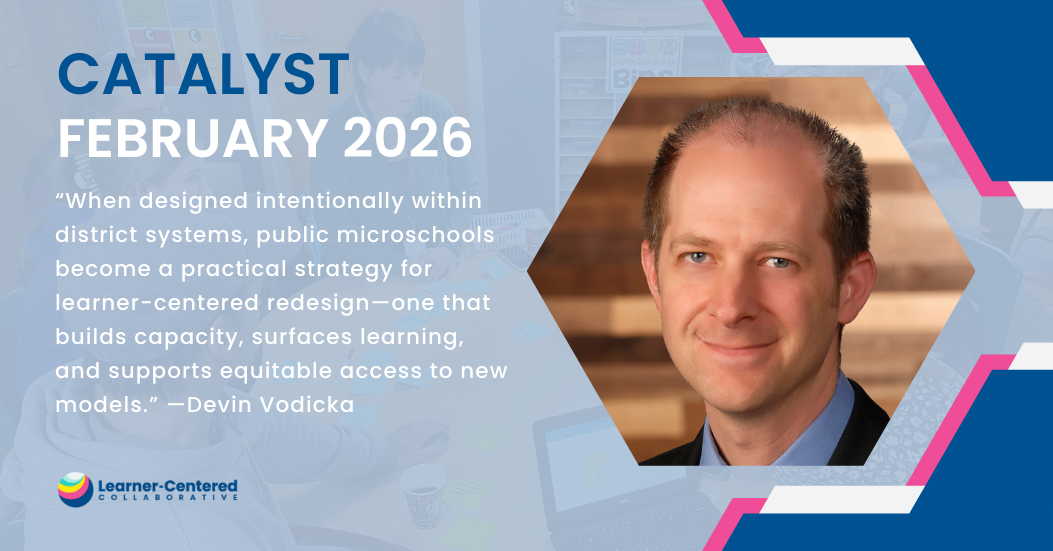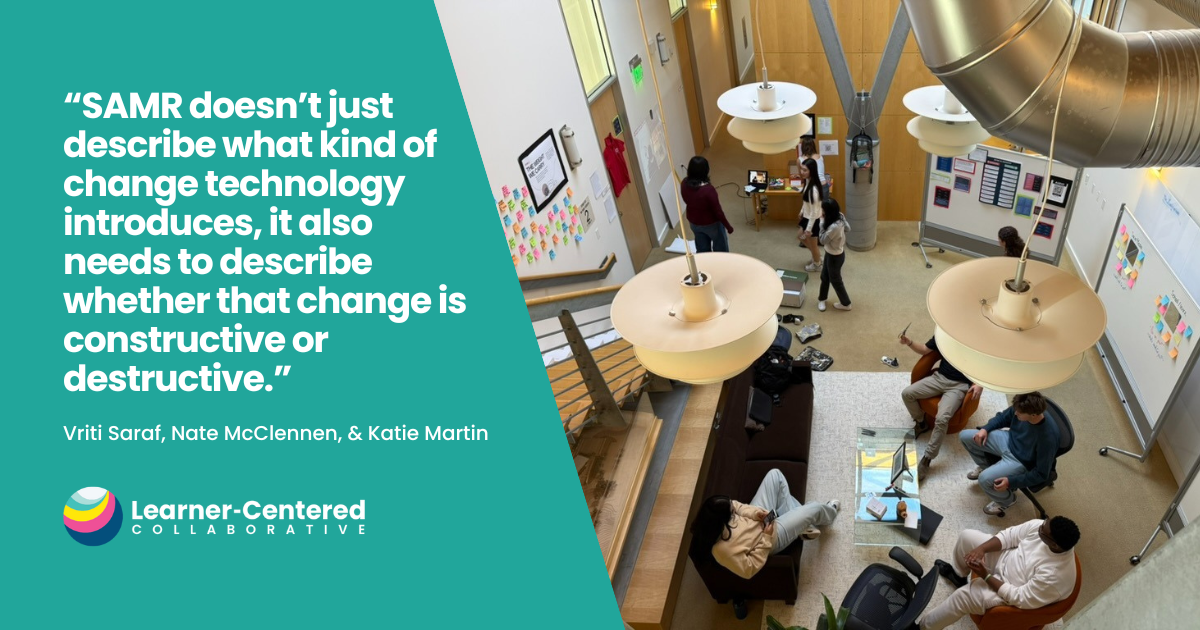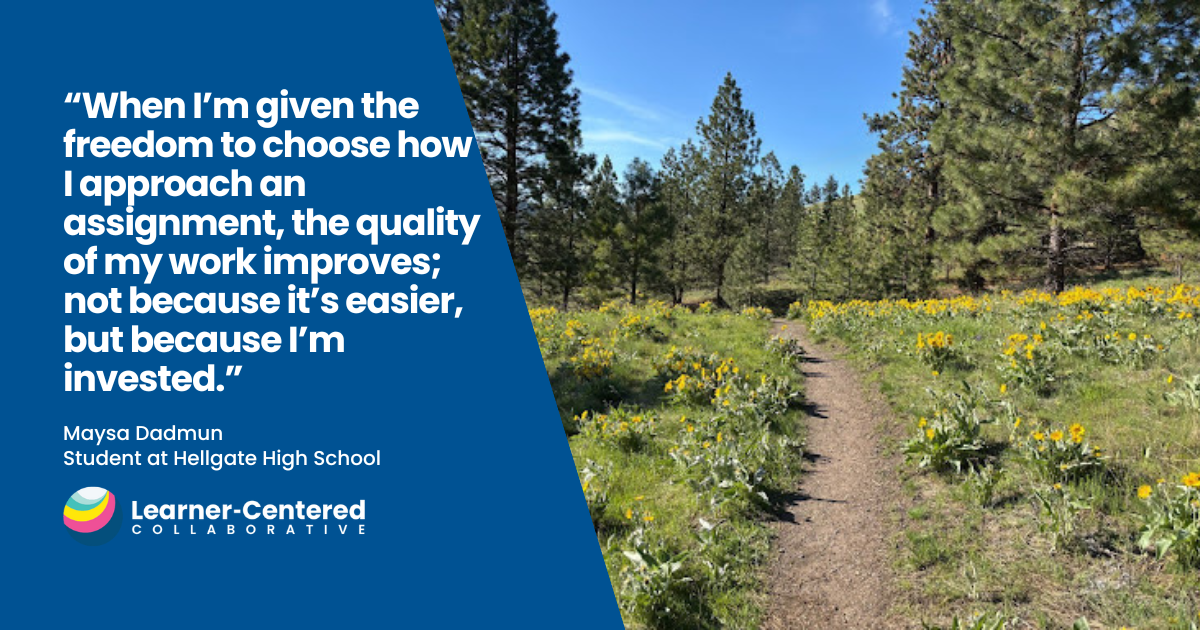Faculty Meeting Planning Template

Modeling a learner-centered approach with faculty will provide clarity and inspiration for how learner-centered practices can be implemented with students. According to Dr. Katie Martin, “Teachers create what they experience.” With this in mind, harness existing faculty learning structures as a learner-centered practice space for you and your guiding coalition. This provides an authentic opportunity to model desired learning experiences while building internal capacity and deepening understanding across an entire team or faculty.
This planning tool will help guide the structure and content of meetings with a hook, practice time, real-world application, and a debrief.
To download this tool and get started, complete the form below:


